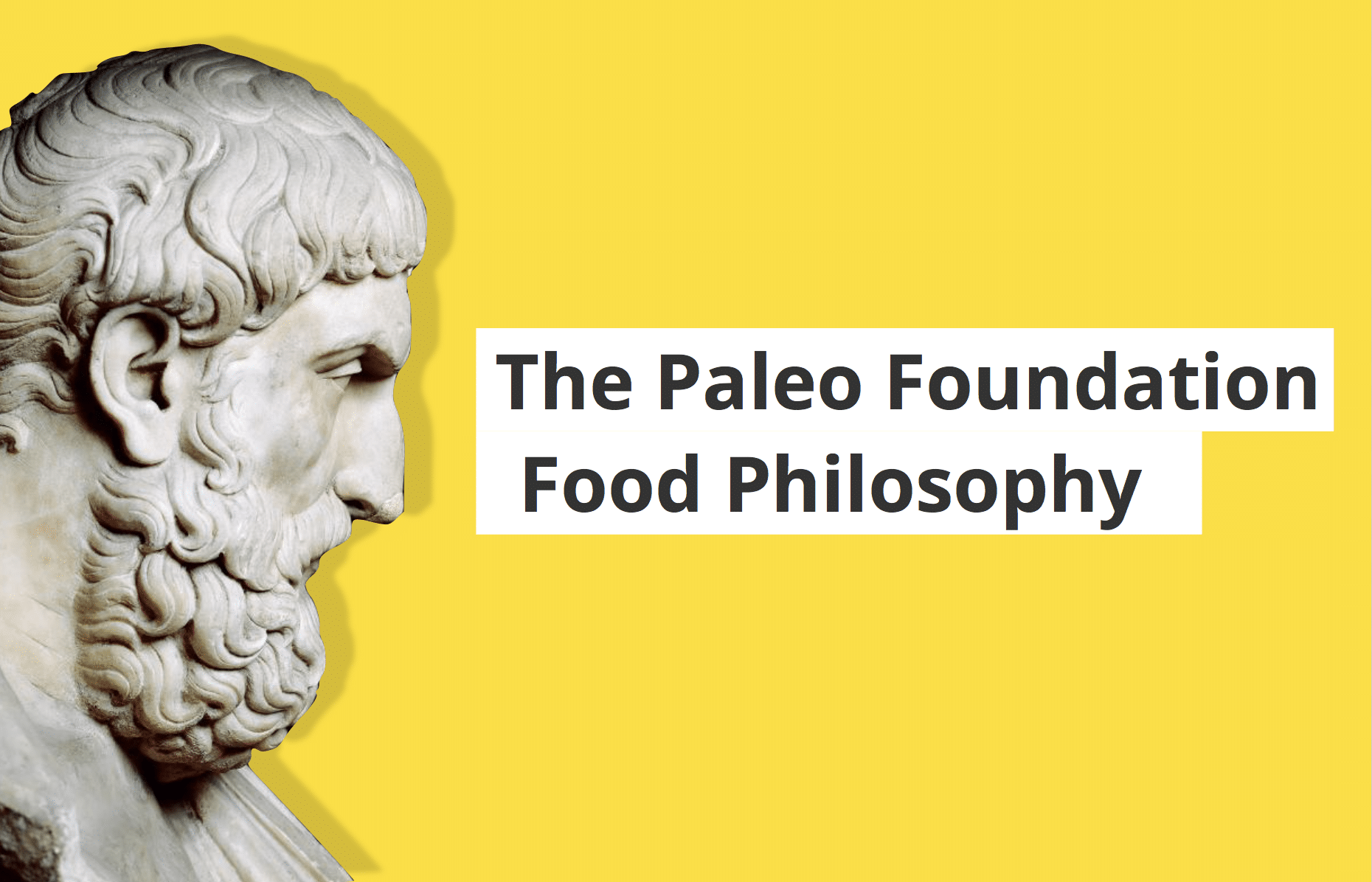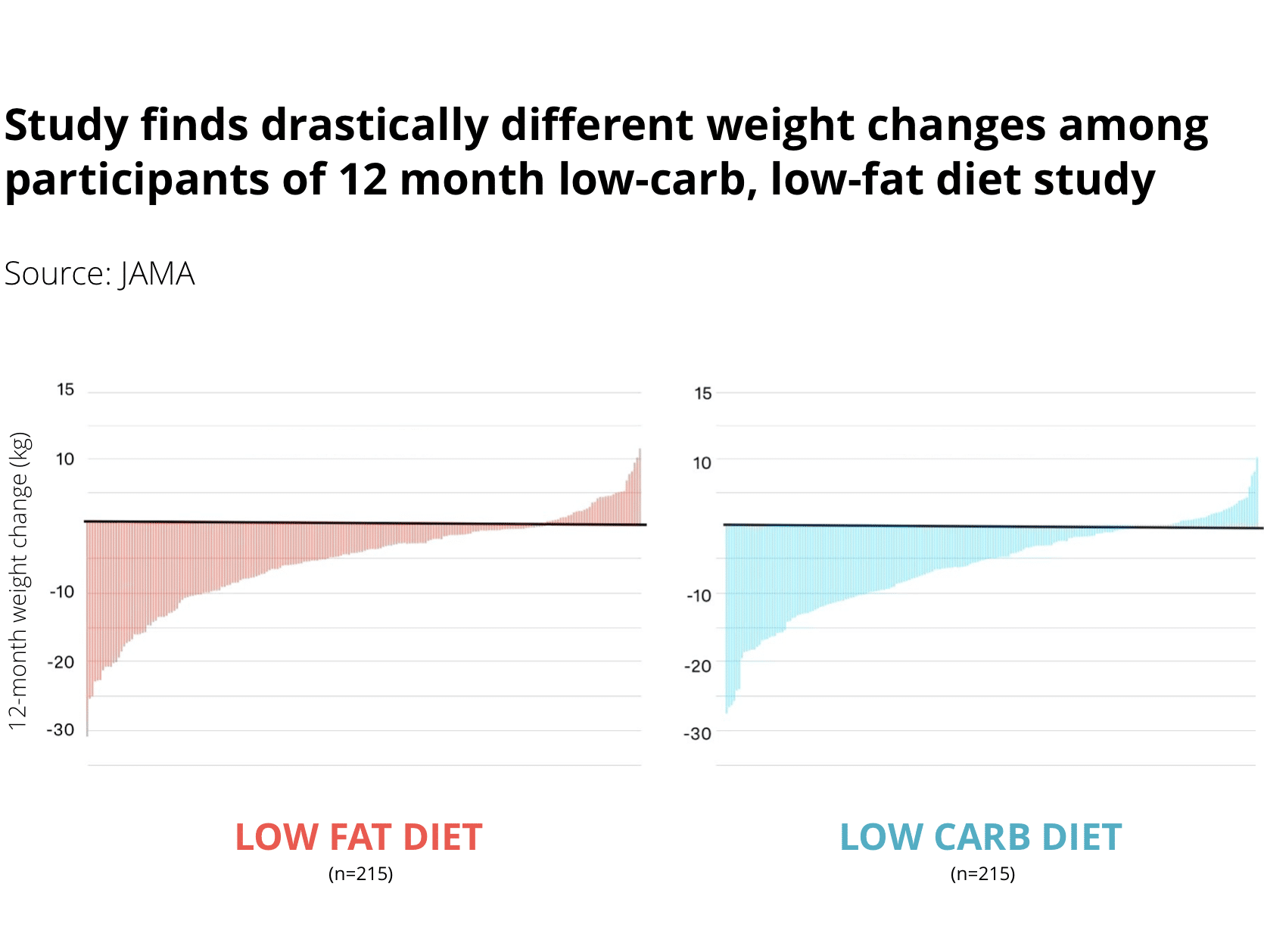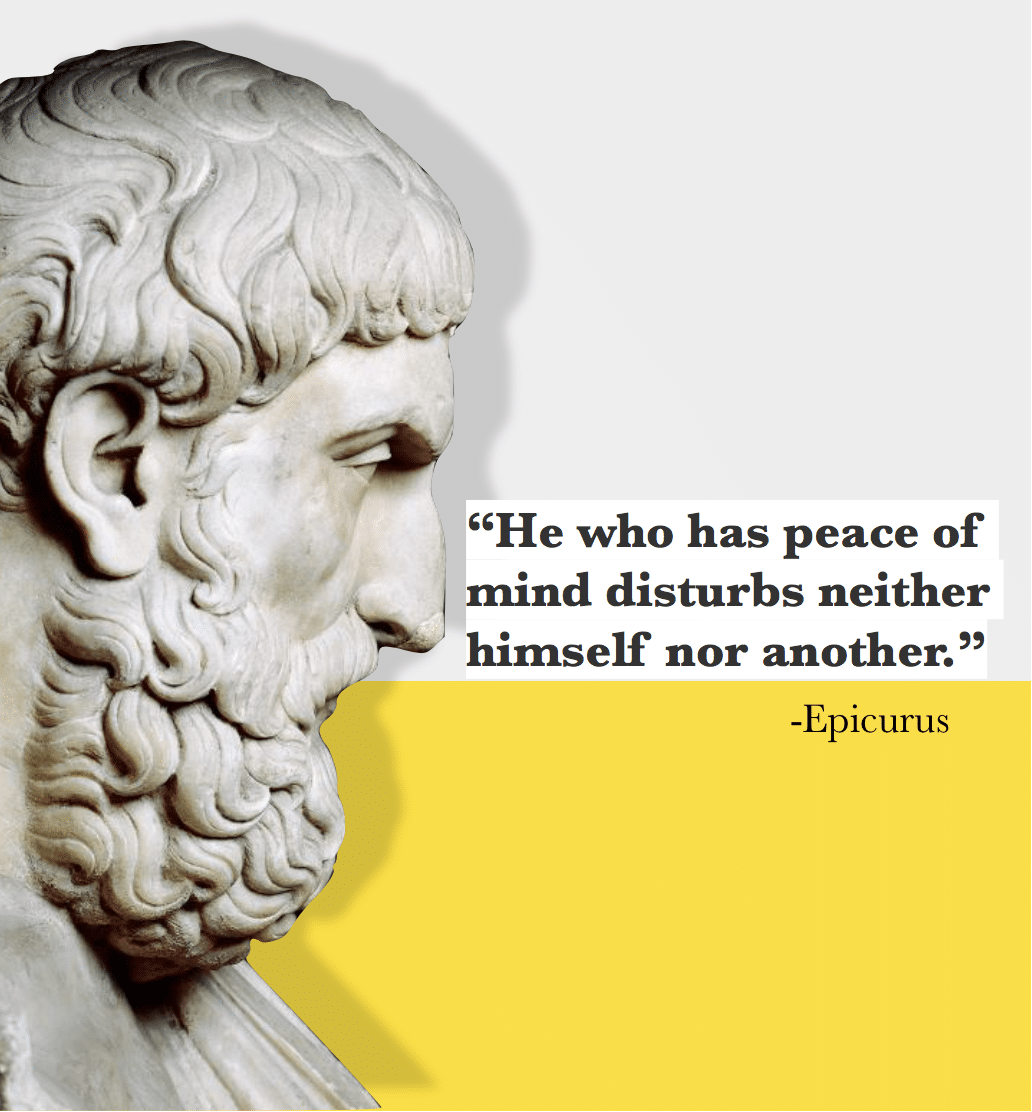Paleo Foundation Food Philosophy

A Food Philosophy is a theory or attitude that acts as a guiding principle for behavior, towards food. The average person encounters at least a few foods per day, and a refusal to ponder habits towards food, and other’s food in a meaningful way can be likened to a lack of self-understanding, awareness, or authenticity.
Since self-understanding, awareness, and authenticity are among the chief aims of philosophical inquiry, food can become an incredible key to philosophical insight. This is our food philosophy.
Our Food Philosophy: Zero Judgment Paleo
Our food philosophy has always been about enjoying food in a balanced, sustainable, and healthy way— without judgment.
For better or worse, food judgment is pervasive in the world of health and fitness, and the Paleo Community is no exception. Not only have many of us get into the habit of making other people guilty about their food choices, but we also make ourselves feel bad or guilty about our own food choices.
Food is Not the Enemy.
It’s hard to really say why we have become so judgmental about food choices. It may have to do with the messages that we received from friends and family, and even the media about what was ‘good’ food, or ‘bad’ food. But ultimately, what we learn from this exposure is what we “should” be eating, and what we “should” be avoiding.
And of course, when we indulge with foods that don’t fall into the “should be consumed” category, we often judge ourselves and those around us for not following strict rules that have been outlined by us for society, or health “gurus” without questioning whether or not these rules and guidelines empowering, or even healthy.
But maybe we should?
How Do We Know if These Folks Are Dispensing Solid Dietary Advice?
That’s the problem. We don’t.
In fact, there are no universally good foods, or bad macros, either. What we do know is that there is no one-size-fits-all approach to diet.
Did you know that in 2015, Israeli researchers tracked the blood sugar levels of 800 participants over the course of a week and found that even if people ate the exact same meal, the way it was metabolized would differ from person to person?
According to the study which was published in Cell, what was healthy for one individual was in fact completely unhealthy for another— this included tomatoes.
Then in 2018, a year-long randomized clinical trial (RCT) found that a low-fat diet and low-carb diet produced similar metabolic outcomes, but that neither were universally healthy for the participants (see graph below) either. According to the results, participants from both the low-carb and low-fat groups lost anywhere from 32kg (70lbs), to gaining 11kg (24lbs) during the study.

The importance of these landmark health studies? The notion that personalized nutrition cannot be understated, blanket health and nutrition advice is inaccurate at best, and that you should choose your diet based on your own goals, your own responses to foods, and your ability to make it sustainable for you.
Sustainability is key.
We’ve all heard that the best diet is the one you can stick to, but the greatest problem is figuring out what a sustainable diet for an individual looks like. Conflicting information, and disempowering messages from individuals and organizations purporting to know what is right or wrong for you only make this process more difficult.
Instead of encouraging self-experimentation, individuals are often recruited into some form of religious-like dietary cultism by charismatic leaders where extreme dietary restriction are often seen as the only path to health.
This is not our ninja way.
We Don’t Promote Unnecessary Restriction
While it may seem like we would be the type of organization that would exclusively focus on the dangers of consuming “bad” foods like grains, legumes, and dairy— and promotes abstinence from them at all costs—we don’t.
That’s because we understand from the evidence that “bad” foods aren’t universal. And we understand that restriction can carry some undesirable risks not only to physiological health but on a psychological level as well.
While a Paleo Diet is absolutely necessary for some, sometimes abstinence and restriction are promoted under the guise of “releasing the hold that foods have over people”, or as a means to treat specific food-related psychological issues.
Evidence suggests that less than 6% of the population meet the Yale Food Addiction Scale (YFAS) diagnosis criteria for food addiction, for which abstinence is supported. However, the evidence doesn’t support unwarranted food restriction for the rest of the population— it advises against it due to broad, and potentially dangerous psychological implications.
The Paleo Diet is a already a diet of restriction— and while those restrictions may be a healthy and important adjustment for some individuals for health reasons— further restriction must be given full consideration. Therefore, the unnecessary promotion of abstinence, or specific versions of restriction might not just be psychologically damaging, but the psychological damage may be incurred with no health benefit to the individual, whatsoever.
So what do we believe in and promote?
We believe in self-experimentation for the purpose of finding a diet that is sustainable and fulfilling, that is healthy on both a physiological and psychological level.
We believe that part of having a good relationship with food requires accepting that you might not always be ultra-dedicated with your diet and that you don’t always have to be perfect. We even think indulging may be a good thing as well, and an important part of finding your individual path to a sustainable and fulfilling lifestyle.
While we do agree that there are better and worse food choices— diet, health, and nutrition are never as simplistic as many in the diet and nutrition world would have us believe. We also believe that while comfort foods, wedding cakes, Taco Tuesday, and ‘paleoified’ baked goods might not be for everyone, they all have their place.
We believe that fear-mongering tactics don’t address the nuances of nutrition, don’t foster an informed and educated community, and don’t account for the fact that optimal nutrition is highly individualized.
Because of our culture of proseltyzation, judgment and disempowerment, we feel a moral obligation to promote more choices, less fear-mongering, less sensationalism, and less guilt.
We believe that finding your path to health and well-being requires accepting that you will have to do some leg work to find what works best for you. Although we recognize that this won’t earn us much in the way of political “brownie points” in the Paleo Industry, we have to stick to our guns on this one.
Because above all, we believe in being honest. That is our food philosophy.
“I have never wished to cater to the crowd for what I know they do not approve, and what they approve I do not know.”
[/mpc_quote]

